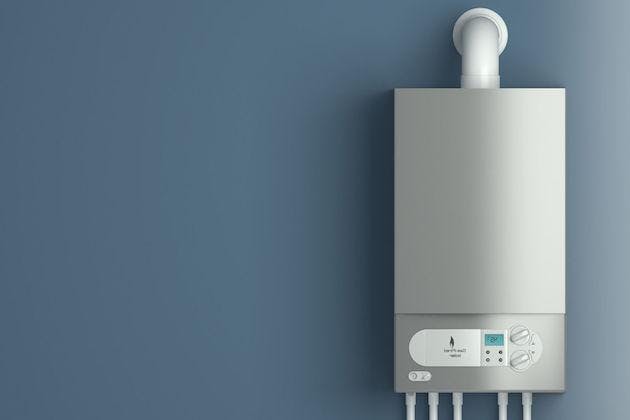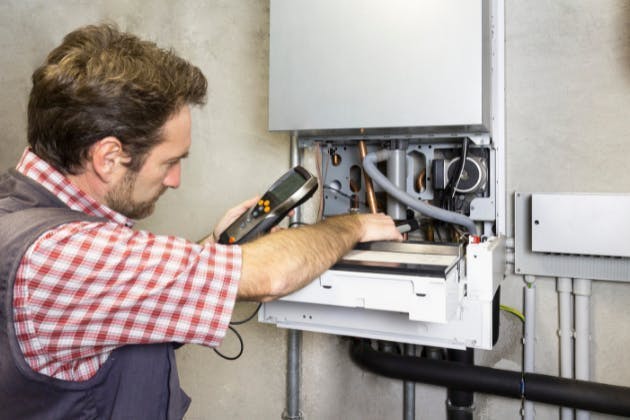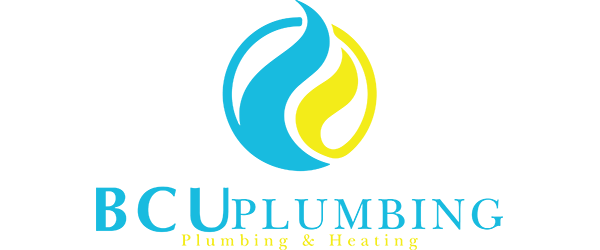When you are searching for a new boiler to replace your old one, it is important to make sure the new one provides you with more efficiency and features. Condensing or non-condensing boilers are the two options to choose from but what's the difference between them? Knowing the difference between a condensing and a non-condensing boiler will help you choose the most energy-efficient heating system for your house.

What is the difference between condensing and non-condensing boilers?
Condensing Boilers
- Requires the use of one or big heat exchangers.
- The temperature of combustion products is usually lower.
- The condensing heat exchanger recycles exhaust gas.
- Effective in tackling climate change by drastically lowering CO2 emissions.
- They have a higher initial cost but are more cost-effective in the long term.
Non-Condensing Boilers
- A single combustion chamber, as well as a heat exchanger, is required.
- Because combustion gases frequently escape into the flue, 25 to 30 per cent of the heat produced is lost.
- Although there is a reduced initial cost, there might be significant upkeep and expensive venting.
Pros and Cons of Condensing & Non-Condensing Boilers
Pros of Condensing Boilers
Energy Efficient
Condensing boilers are more energy-efficient, which is one of the main reasons why they are the preferred option for many homeowners. The reason it is able to achieve a high level of efficiency is because of the boiler's capacity to hold maximum heat, which also helps in heating hot water.
Reduces Carbon Footprint
They emit much less carbon dioxide, allowing you to contribute to a better environment. By installing one in your house, you may save roughly 1000 kg of carbon each year.
Pros of Non-Condensing Boilers
Cost-Effective
Non-condensing boilers are substantially less expensive to install, helping you save a lot of money with the initial installation costs.
Easy to install
The installation of these types of boilers is rather simple and straightforward for qualified heating engineers.
Easy to maintain
It is less expensive to maintain and repair and can save you a lot more money in the long term when compared to condensing boilers.

Cons of Condensing Boilers
Complex System
The reason they are complex is that the external pipe is exposed to cold weather and has a chance of freezing, causing the system to shut down. In addition, with the accumulation of acid condensate, they may begin to corrode. However, such concerns may be minimised with the help of a professional installer.
Expensive to maintain
Because of their complex systems, condensing boilers may be slightly more costly to maintain. However, the maintenance cost is still less when compared to non-condensing boilers.
Cons of Non-Condensing Boilers
Energy Efficiency
The efficiency of non-condensing boilers is much lower when compared to condensing boilers, resulting in greater energy expenses. As a result, the first savings will be applied to the electricity bill.
Less environmentally friendly
Non-condensing boilers are not great for the environment, especially if you are looking traduce your carbon footprint.
Conclusion
You may readily conclude that condensing boilers are a smart investment based on their efficiency, savings, sustainability, and ease of usage. Condensing boilers are more energy-efficient, save money, and are simple to use.
If you're still concerned about which one to install, we can help! Simply get in touch with our team by calling us on 07712 172171 and we will be happy to help.

